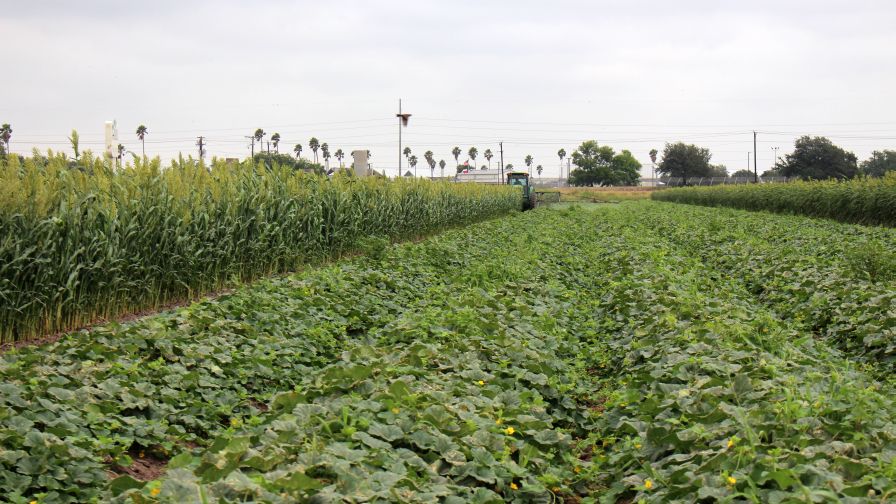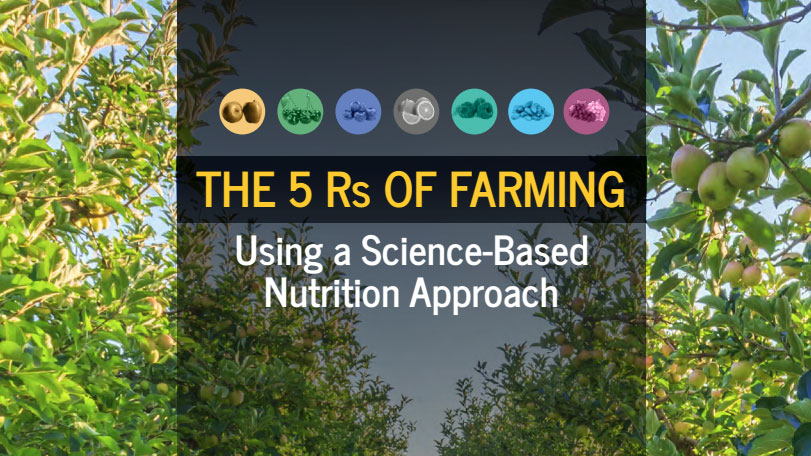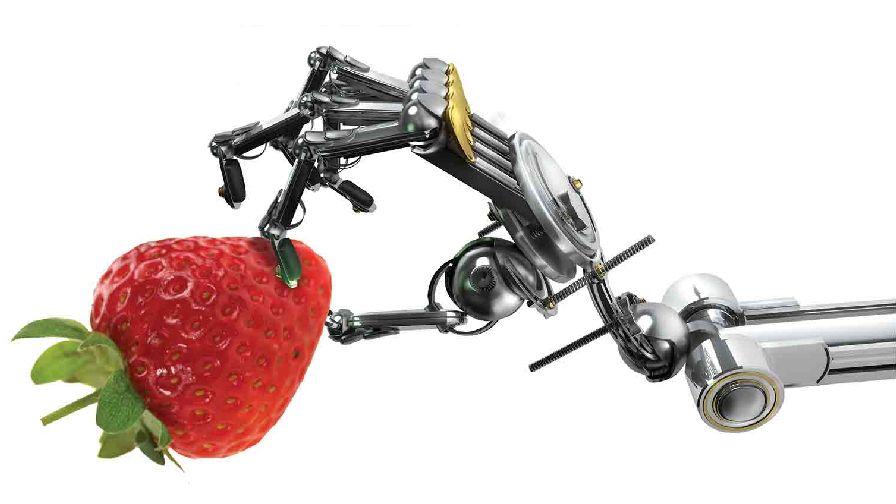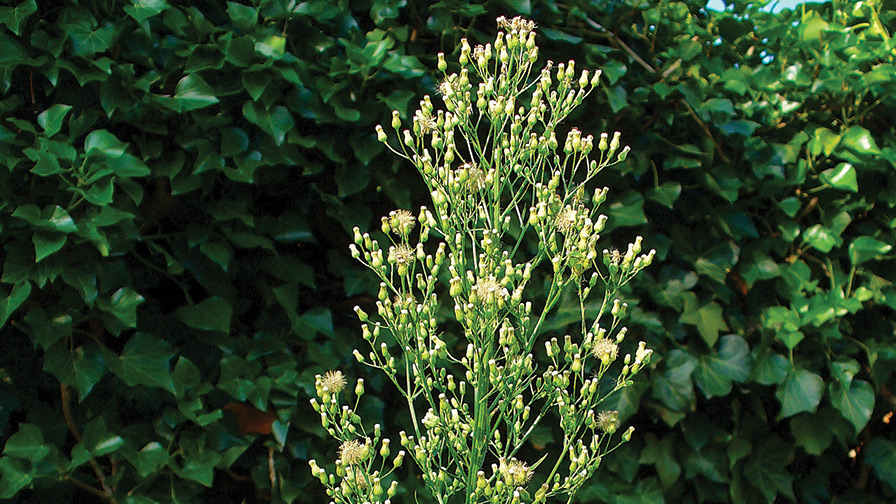Building A Brand
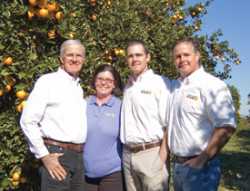
But, the McLeans’ passion for citrus never wavered, and in the late 1990s, Matt McLean became the fourth generation in his family to grow citrus. It started in his dad Benny’s backyard with 5 acres and the idea that the demand for organics presented a great opportunity.
Not only did this first step in 1999 return the family to grove ownership and management, it launched a brand of organic juice they called “Uncle Matt’s.”
“We as a family have come a long way since being froze out,” says Matt McClean. “It is a story of perseverance — going from having nothing to coming back to growing now and being a marketer of juice.”
Making it through the lean three years of transition to certified organic, Uncle Matt’s has seen steady growth of about 20% per year since the company started. Currently, their juice is sold in more than 2,000 stores in the U.S. in popular chains like Publix, Kroger, and Whole Foods. Celebrating their 10-year anniversary this year, Uncle Matt’s is the oldest organic orange juice brand in the country. In addition, the company has expanded and is now selling fresh fruit.
The Organic Way
What does it take to grow organically in Florida? McClean says lots of patience and hard work.
“There are plenty of challenges in agriculture, and organics is the ultimate challenge in Florida,” he says. “It could be one of the most difficult places in the world to produce organically with our weeds, pests, and disease pressure.”
His dad and his brother Ben tend to grove management and are constantly searching to lower costs and improve production. Currently, average yield is less than conventional, and the cost of production is higher.
“We are working and learning every day with our organic farm plan,” says McClean. “We have some great blocks, some okay blocks, and some blocks that are underperformers. We are moving in the direction of the good blocks and less of the underperformers, but the jury is still out if we can be great everywhere.”
The biggest challenge in organic citrus production is the constant fight against weeds. Factoring in the cost for hand labor, it also is one of the biggest expenses. In addition, the McLeans use an offset mower, in-and- out mower, discs, and mechanical hoes to fight weeds.
“You are going to have to look at your grove differently, if you go organic,” says McClean. “It is not going to look like a manicured golf course. If somebody could come up with an organic herbicide, he or she would get rich quick.”
Florida is full of bugs, so the family utilizes neem oil and sulfur for control of key pests. In addition, they focus on building populations of beneficials such as parasitic wasps and lady bugs.
For fertility, compost, feathermeal, and poultry litter are used.
Greening And Organics
Though no citrus greening has been identified in their organic groves, McLean says he is worried about the disease just like any other citrus producer in Florida.
“I’d love to sit here and tell you that organics is a silver bullet for greening, but that would be naïve,” he says. “I think we may have a slight defensive mechanism in that our trees don’t flush as much and have slower growth.
“We are constantly working on our farm plan, looking for ways to control the psyllid. We also are looking for ways to turn on the trees’ defensive abilities to have healthier trees. It is a more holistic approach, starting with the soil and feeding a healthy, strong tree.”
McLean does take issue with those who liken organic production to an unmanaged grove.
“We feel like any other grower out there; abandoned acres don’t help anybody,” he says. “We are firm believers that organic acres and abandoned acres are two different things. We have a farm-management plan that we follow every day to build healthy soils that grow healthy trees that yield healthy fruit.”
Brand Building
According to McLean, marketing is always important, but in organics this is especially true. Uncle Matt’s has invested a lot in building a transparent brand that consumers can trust.
“We have a product on the shelf, so we don’t have to be price takers from the processor or packinghouse,” says McLean. “We have spent money to grow the brand, so there are risks, but you do control your destiny a little better than just growing.”
One important part of their brand-building effort is their website, www.unclematts.com. It is a way for consumers to get acquainted with the farm and organic production in general. The site features videos of the McLeans’ production practices.
McLean characterizes his brand as an organic “niche” product that fetches a $2 premium over conventional juice. He stresses that before the product can go more mainstream, the brand will have to come closer in line with conventional prices.
“We do have to continue to prove our value to consumers from an environmental and nutrient-density standpoint,” he says. “Statistics tell us though that this is only driving about 3% of the population right now, so we have to be more competitive on price. To do this we have to become more efficient and produce conventional or better yields at closer to conventional costs. We are not there yet, but we believe we will get there.”
Family Focus
As the McLeans continue to learn about organic production, Uncle Matt plans to keep his business a family affair. And, he will keep hoping for that organic herbicide.
“I went to college with the purpose of getting away from citrus,” says McLean. “But, I returned back to what I love, which is great to be able to work with and share with your family.”






